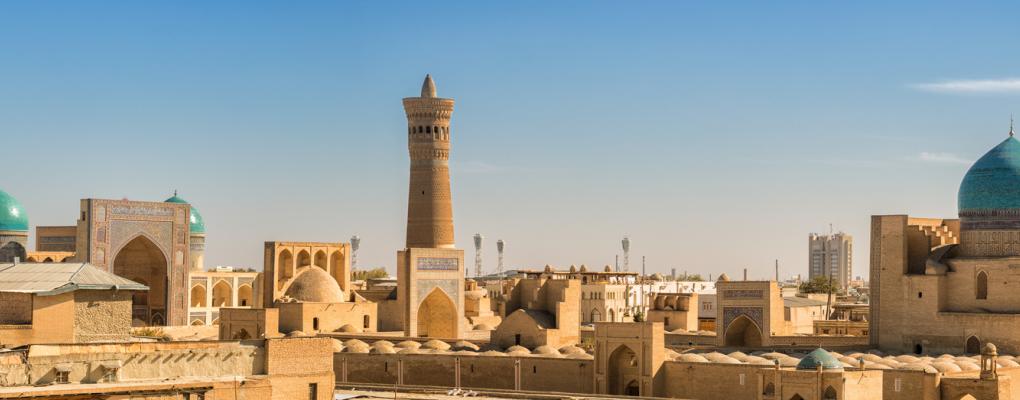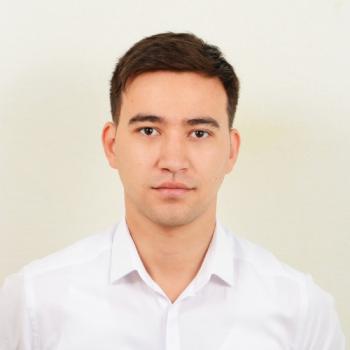
Bahodir Amonov, Chief specialist at the PPP development agency under the Ministry of Finance of the Republic of Uzbekistan, explains how he started his PPP journey and become CP3P Certified with APMG.
1. What first prompted you to a career in public private partnerships?
I used to work in private sector. But I wanted to do something good for the sake of people. Because, I, as an ordinary citizen, witnessed shortage of public infrastructure and then opened a vacancy at newly established agency. I immediately submitted my CV.
2. Can you give us a background on your (PPP) job role emphasising on the PPP sector that it is related to?
My role is expertise projects for compatibility for PPP mechanisms. Moreover, I coordinate PPP projects in transport and energy sectors.
3. What prompted you to get certified, how did you hear about APMG’s PPP certification program?
I have heard about the program from my colleagues who took part in the first session of APMG's PPP certification program.
4. Take us through your thought process while deciding to get certified.
Since my job responsibilities are directly linked with PPP, I wanted to get more knowledge about PPPs, that was the main driver for me to proceed with getting APMG's PPP program certification.
5. Why did you chose APMG’s PPP certification program and how did it help?
I chose APMG's PPP certification program because it provides deep insight on PPP mechanism, terminology with practice cases
6. What are your key strengths and how have you used them in your current PPP role?
I think my key strengths is in my ability to adapt to a new environment quickly and develop required skill sets in a comparatively short period of time. This came really helpful after I got applied for a job within the PPP Agency.
7. What factors of your role as a PPP practitioner are easy? You could use an example here to explain about it.
I do not think there are easy parts in my role as a PPP practitioner, because by from international experience PPP cannot be squeezed into a box and it always needs a space for flexibility. But, since I love what I do currently, through assessing in delivery of any PPP project, I feel that I am doing something good, even in a very small portion, for my country.
8. What characteristics and skills do you think make a better PPP professional or a successful one?
In terms of soft skills, I think that PPP professional should be very diplomat and good at communications. However, PPP professional should also obtain some skills in risk assessment, financial analysis, and strategic view.
9. What is next in line for you, how are you planning to utilise the knowledge gathered from doing the Foundation and Preparation exams of this PPP Certification Program?
I am planning to use knowledge gathered from the program primarily in every project that I am taking part.
10. What is your advice for newcomers or other PPP practitioners on helping deliver successful projects in the PPP world?
I would advise to have some understanding of PPP before deciding to earn PPP certification. For practitioners, I would advise to utilize all the knowledge that they got from the program in real world, in real projects.


